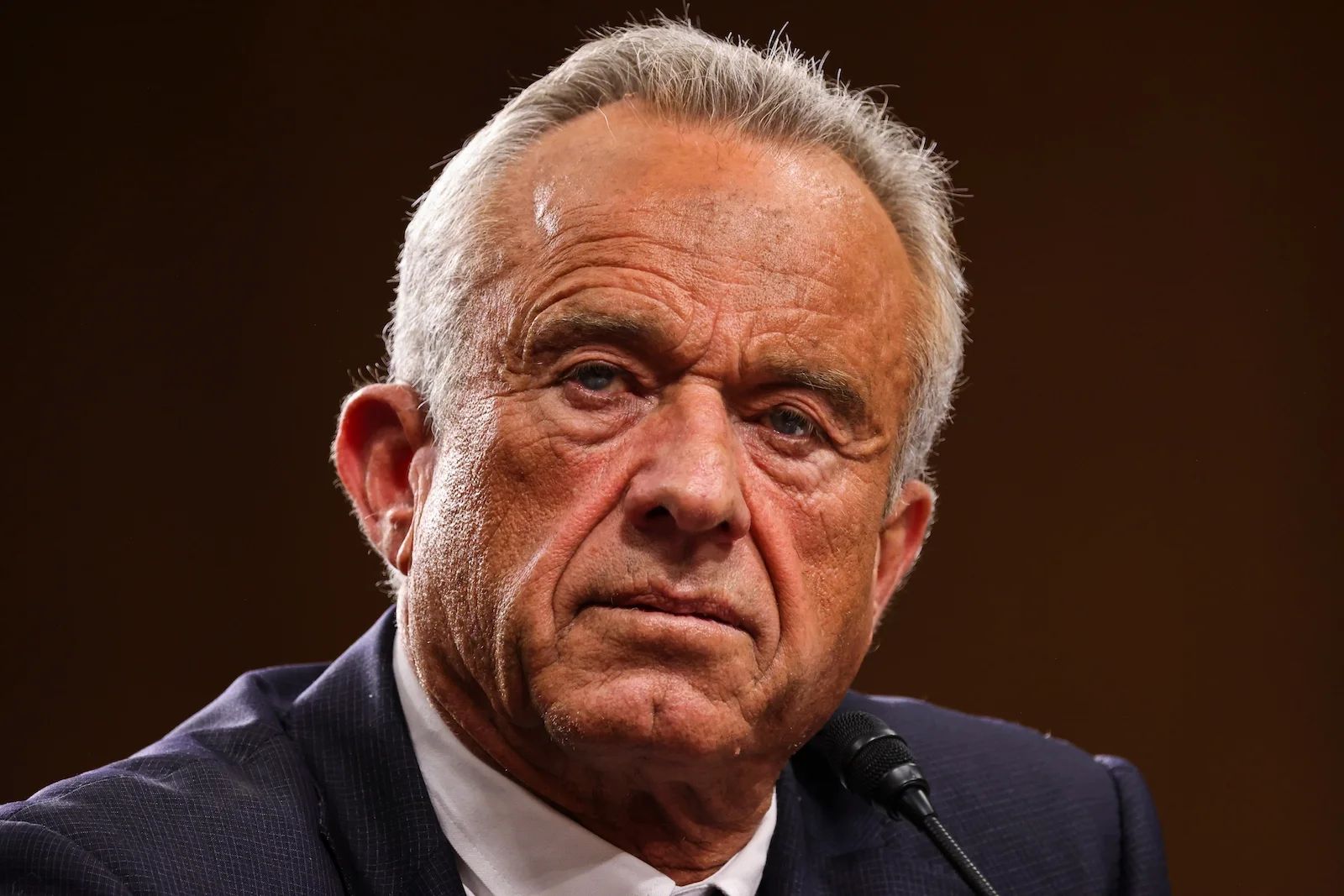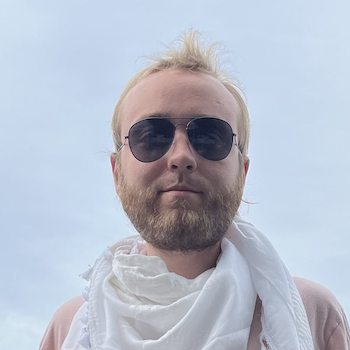
Why Kennedy’s Opinions on Autism are Dangerous and Dehumanizing
It was a chilly Halloween morning in 2009 when I stood in Washington, D.C., with my father, his second wife, my younger sister, and my stepsiblings attending an autism walk organized by Autism Speaks. As we marched down the street, I noticed protesters holding signs that read, “We are people, not puzzles!” and “Nothing about us without us!” Moments later, my younger stepsister began throwing empty bottles at the protestors—an act my father and stepmother witnessed but chose not to stop. The following day at school, I learned about a disturbing video released a month earlier by Autism Speaks. It portrayed autism as a disease in need of a cure and claimed that autism destroys marriages and bankrupts families. I later discovered that the protest had been organized by the Autistic Self-Advocacy Network.
Nearly sixteen years later, I’m hearing the same rhetoric from Health and Human Services Secretary Robert F. Kennedy Jr. and members of the current administration that I once heard from Autism Speaks. But now, it’s coming from our nation’s highest-ranking health official—and a fervent anti-vaxxer at that. RFK Jr.’s rhetoric has contributed to the resurgence of deadly childhood diseases like measles, resulting in hundreds of infections and two deaths, including an unvaccinated child. Beyond public health implications, his words help create a hostile environment for autistic people. This coincides with sensationalist media coverage that continues to draw misleading connections between autism, school shootings, the incel movement, violent video games, and even Japanese anime.
This climate was compounded further last month with the release of the Netflix miniseries Adolescence, which follows a 13-year-old autistic boy accused of murdering a female classmate—allegedly in retaliation after she rejected his sexual advances. While the show attempts to explore how bullying can catalyze school shootings and incel violence, it leans heavily into tired and damaging stereotypes about autistic boys and men. It portrays them as violent, misogynistic, and more susceptible to radicalization than their neurotypical peers. After seeing these stereotypes unfold, I couldn’t continue watching past the second episode. While many in the feminist movement have praised the show for its depiction of contemporary male struggles and the alt-right pipeline, I believe it also solidifies the harmful archetype of the autistic incel in the public psyche.
Just recently, RFK Jr. announced his intention to establish a national registry of autistic people. The implications of such a proposal are chilling. It immediately conjures historical parallels—particularly the Nazi regime’s treatment of disabled people, including those with autism spectrum disorder. They were among the first to be sterilized or murdered by the regime. Similar registries have existed in the United States as well, including those targeting Muslims in the wake of 9/11 under President George W. Bush and medical registries for conditions like cerebral palsy, cancer, AIDS, and diabetes. As someone who has studied world history extensively, particularly from the 15th to 20th centuries, I fear that RFK Jr.’s rhetoric could incite hate crimes at best—or, at worst, lead to mass sterilization or violence against autistic individuals.
A few days before Kennedy’s announcement, yet another high-profile school shooting occurred in the United States. Two people were killed and six injured when a lone gunman opened fire at Florida State University—a campus that includes survivors of the Parkland school shooting, which was perpetrated by an autistic man who identified as an incel. Following the FSU shooting, it was revealed that the gunman was the son of a female deputy and had previously been expelled from his political science club for white supremacist views. At a press conference, a reporter asked the county sheriff if the shooter was autistic. The sheriff refused to confirm or deny. While the two incidents may not be directly connected, I strongly suspect that RFK Jr. used the FSU shooting as a pretext for launching his proposed registry.
Meanwhile, Autism Speaks—the most prominent and well-funded autism charity in the world—has remained conspicuously silent on RFK Jr.’s rhetoric. They’ve said nothing while media figures, politicians, and pundits continue to associate autism with school shootings and online extremism. The organization persists in promoting harmful stereotypes about autistic people, advocating for Applied Behavioral Analysis (ABA) therapy—an approach so harsh that some consider it too cruel even for animals—while its executive board enjoys financial perks and tax-exempt status. In contrast, groups like the Autistic Self-Advocacy Network and the Autistic Women and Nonbinary Network have responded swiftly and decisively. They’ve denounced Kennedy’s proposals, the media’s alarmist coverage, and Autism Speaks’ ongoing failure to support the autistic community.
As an autistic man on the verge of graduating with a Bachelor’s degree—who hopes to get married and raise a family—I find the current rhetoric surrounding autism terrifying. If RFK Jr. had a shred of decency, he would immediately apologize to the autistic community, resign in disgrace, and compensate autistic individuals for the trauma and abuse we’ve endured. It’s long past time to hold RFK Jr., Autism Speaks, and the broader apparatus of media, tech, political, and pharmaceutical institutions accountable for the harm they perpetuate. However, given the pharmaceutical industry’s influence and its deep investment in public fear of autism, meaningful accountability may prove elusive.
